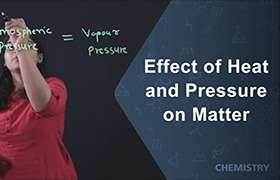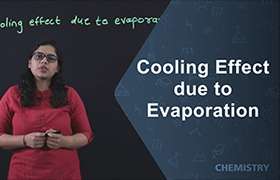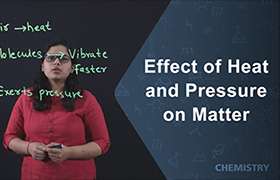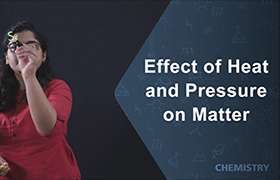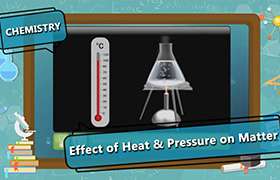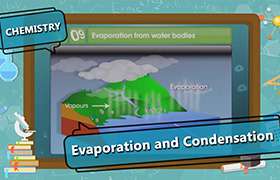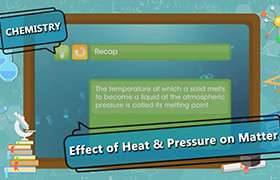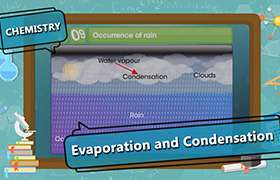CBSE Class 9 Answered
(a)Sensible heat
When an object is heated, its temperature rises as heat is added. The increase in heat is called sensible heat. Similarly, when heat is removed from an object and its temperature falls, the heat removed is also called sensible heat. Heat that causes a change in temperature in an object is called sensible heat.
Latent heat
All pure substances in nature are able to change their state. Solids can become liquids (ice to water) and liquids can become gases (water to vapor) but changes such as these require the addition or removal of heat. The heat that causes these changes is called latent heat.
(b) The Evaporation happens at any temperature, boiling only at the boiling point.
Evaporation happens only at the surface, boiling happens throughout the liquid.
boiling takes energy in (endothermic) to occur, while evaporation lets only the molecules with the highest kinetic energy out, leaving the rest of the water net kinetic energy, so evaporation is exothermic.
the main difference is that boiling happens when heat is added from the bottom and evaporation is when heat is added from the top. For instance, when you boil water in a pot, it is being heated from the bottom, so air bubbles form at the bottom and rise through the liquid, to the top. It would be evaporation if the heat was added from the top (no bubbles would form).
Though water exists mostly as a liquid at room temperature and pressure, water in an open container evaporates over a period of time until it all finally "disappears." The water vapor formed during evaporation is like any other gas: it exerts pressure, and it expands & contracts with temperature changes.
The boiling point of an element or a substance is the temperature at which the vapor pressure of the liquid equals the environmental pressure surrounding the liquid.
(c)
Solid============liquid
melting
liquid============gas
condensation
gas=============solid
sublimation

